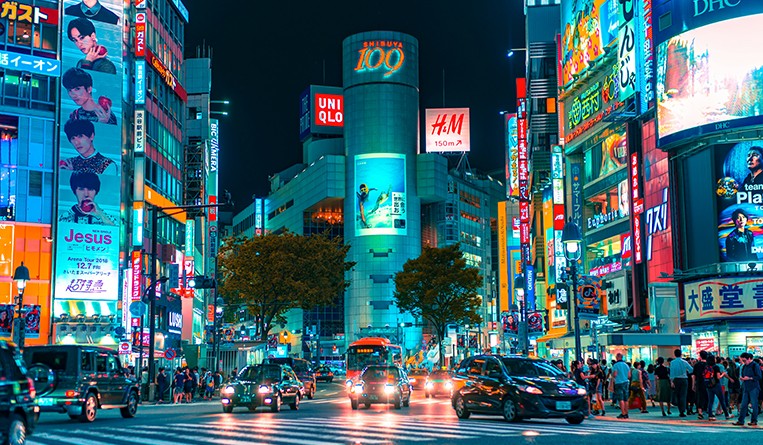Japan’s news association calls for legal reforms against AI ‘free-riding’ on copyrighted content
01 August 2024

Japanese news groups have voiced concerns about artificial intelligence (AI) “free-riding” on copyrighted news content. The Japan Newspaper Publishers & Editors Association (JNPEA) issued a statement on July 17, 2024, warning that AI-powered search engines are using news articles online without permission, potentially infringing on copyrights.
Search engines have integrated advanced features such as Google’s Search Generative Experience (SGE) and Microsoft’s integration of ChatGPT in Bing since 2023. These features use generative AI (GenAI), a subset of AI that creates content, to gather information from multiple sources and provide quick and clear overviews based on user search queries. This reduces the need to visit different websites, decreasing traffic to the information’s sources and significantly affecting advertising revenue. News websites earn from advertising revenue based on viewership numbers.
Under copyright law, search engines are allowed to use copyrighted content without permission as long as it is minor and serves the specific purpose of the search. However, the JNPEA observed that AI-generated responses often closely resemble original news articles, exceeding what is considered “minor use.”
The problem also extends beyond financial losses. The JNPEA noted instances of AI producing incorrect information. “AI search engines sometimes return inaccurate responses as they inappropriately reuse or modify articles,” said a JNPEA representative. “The companies should ensure the accuracy and reliability of their services before launch.”
Essentially, GenAI “hallucinates” by generating responses that seem logical and credible but are actually false or fabricated. Such inaccuracies can mislead the public and spread misinformation, potentially causing “irreversible damage to the foundation of democracy and the nation’s culture.”
Despite these concerns, Google and Microsoft responded that their services comply with copyright laws.
As AI grows and raises the possibility of copyright infringement, experts suggest that legal reforms will be necessary to address these concerns. The JNPEA urged AI service providers to seek permission from the creators before using their material for AI purposes and called on the Japanese government to take action.
Among other companies that called for the government to establish effective regulatory frameworks are Nippon Telegraph and Telephone Corporation (NTT), Japan’s leading information technology company, and The Yomiuri Shimbun, the country’s most popular newspaper. On April 8, 2024, the two companies released the latest version of their joint proposal on ideal governance for GenAI.
- Kristin Jerome Reyna






